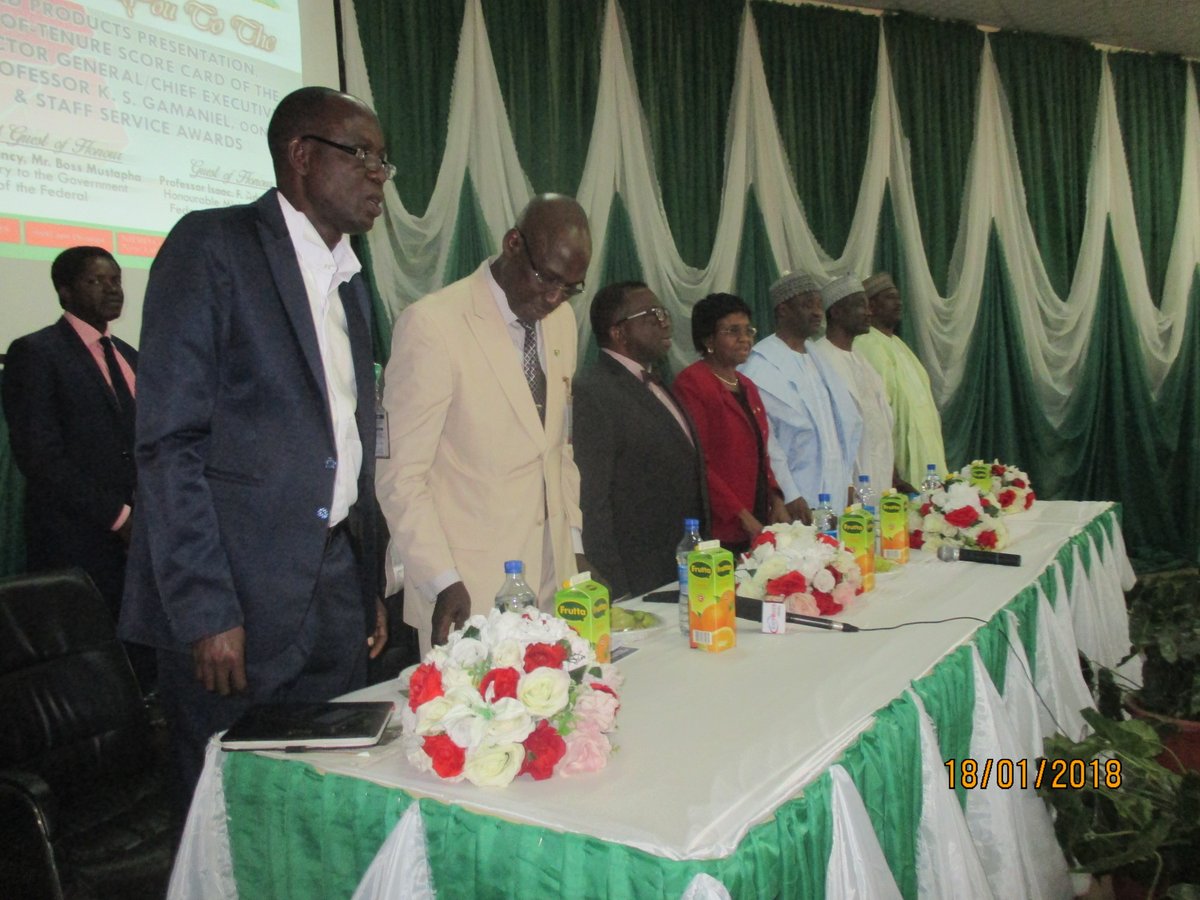Nigeria is taking major government-backed steps to boost herbal products research
Research into traditional herbs in Nigeria is set to receive major boost following the announcement of plans to raise N100 million for Nigeria’s National Institute for Pharmaceutical Research and Development (NIPRD).
The fund which was announced by Nigeria’s health minister, Prof. Isaac Adewole, would enable NIPRD to set up a unit that would be devoted to traditional herbal products research. He made the announcement at the occasion of the institute’s Research and Development Products Presentation.
In his remark, Prof. Karniyus Gamaniel, NIPRD’s Director-General, said NIPRD developed ‘NIPRIBOL’ for the treatment of Ebola Virus Disease, ‘NIPRIMAL’ for anti-malaria, ‘NIPRIMUNE’ to manage HIV in Nigeria and ‘NIPRIFAN’ for the treatment of fungal skin infection. Gamaniel said that the institute has also developed ‘NIPRISAN’ for the management of sickle cell anaemia.
The event also marked the end of tenure of the NIPRD Director-General, Prof. Karniyus Gamaniel, which spans a period of eight years; 2009 to 2017.
“We are currently concluding plans to carry out commercial production and distribution of this product. We have developed and implemented various institutional policies for effective governance, this include the scheme and condition of service, intellectual policy and quality management system.
“We have also ensured the introduction of traditional herbal medicine into the national health system and established partnerships with local and international organisations.
“The core competence of NIPRD is in the development of phytomedicines from indigenous plants and products, clinical trials, among others; we are a quality assured institute.”
Responding, Adewole directed the food and drug agency, NAFDAC, to ensure it approves all the products developed by the institute within 30 days to enable it move for commercialisation and subsequent use by citizens.
The minister, who scored the institute high in its 30 years of existence, however challenged it to do more in the years to come. He urged the management to evolve a strategic plan that would enable it continue to develop traditional herbal products for use by citizens.
